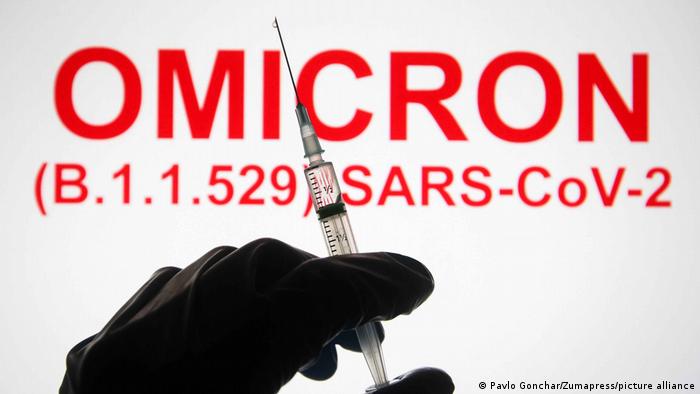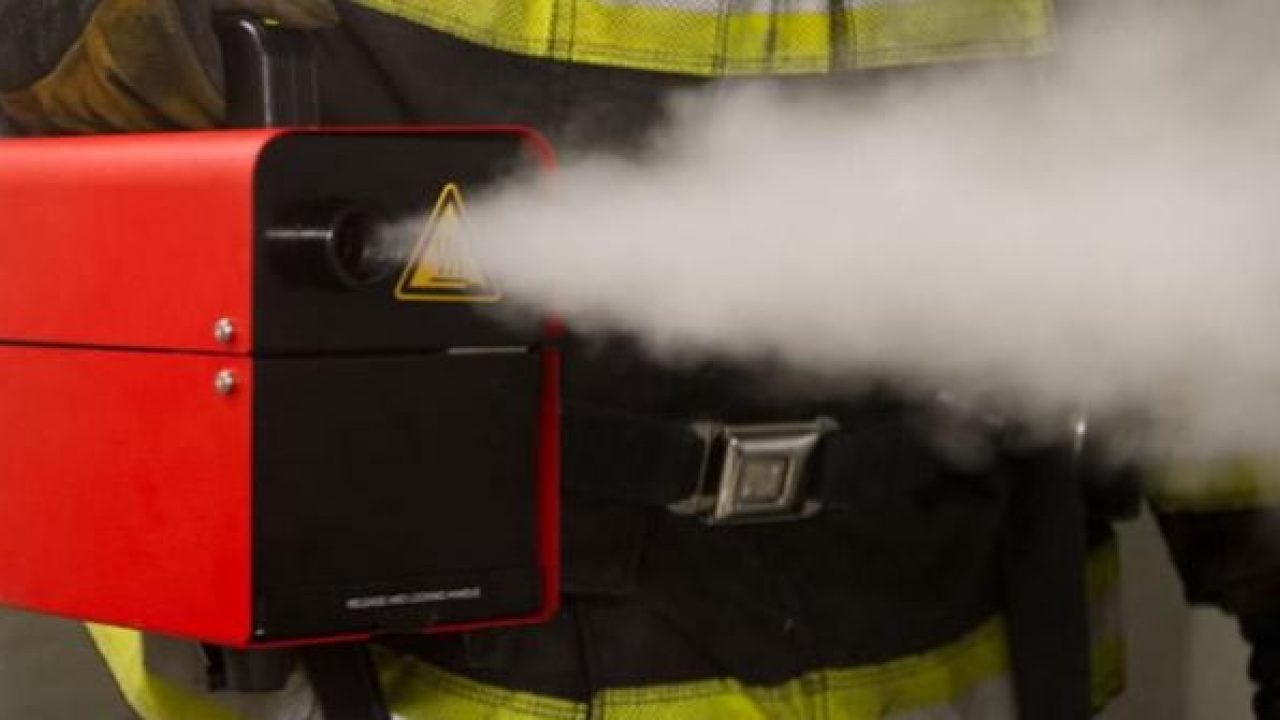Chairperson of the African Union Commission, Moussa Faki Mahamat has said the travel ban on southern African countries due to COVID-19 Omicron variant is a form of stigmatisation against Africa.
Mahamat said this while reacting to the travel ban on the Southern Africa countries at a news conference at the UN headquarters in New York on Wednesday, NAN reports.
Mahamat described the travel ban as stigmatisation which could not be justified scientifically or on the grounds of reason logically.
The Chairperson, who addressed journalists in the company of UN Secretary-General António Guterres, said both multilateral organisations had condemned the unfair measures.
“They are condemning a country (South Africa) for having been transparent because its experts have worked tirelessly to inform the international community of the emergence of new variants.
“It hasn’t been scientifically proven that these types of measures are able to deal with this type of issue. It’s clearly, as you say, an expression rather of a form of injustice.
“I think that now I’ll take up the terms used by the Secretary-General. It’s immoral to condemn Africa in that way.
“We are a world, a global world and we’re face… and when facing an enemy like the virus, like COVID-19, humankind as a whole must go hand in hand to fight the virus because a man’s life is man’s life,’’ the Chairperson said.
According to him, with vaccines, with treatment, with debt service, with our will to allow African states to recover following the pandemic or during it, we saw the same type of treatment.
Mahamat said, “As I was saying to the Secretary-General, we need to be collectively outraged as leaders in the African Union and as the United Nations.
“Our message to the world as a whole is that we need to keep a cool head. We need to follow the well-being of humankind as a whole.
“We need to genuinely demonstrate greater solidarity and justice.
“That’s the very least we can ask for, namely from our leaders, our political and social leaders,’’ he said.



2 Comments